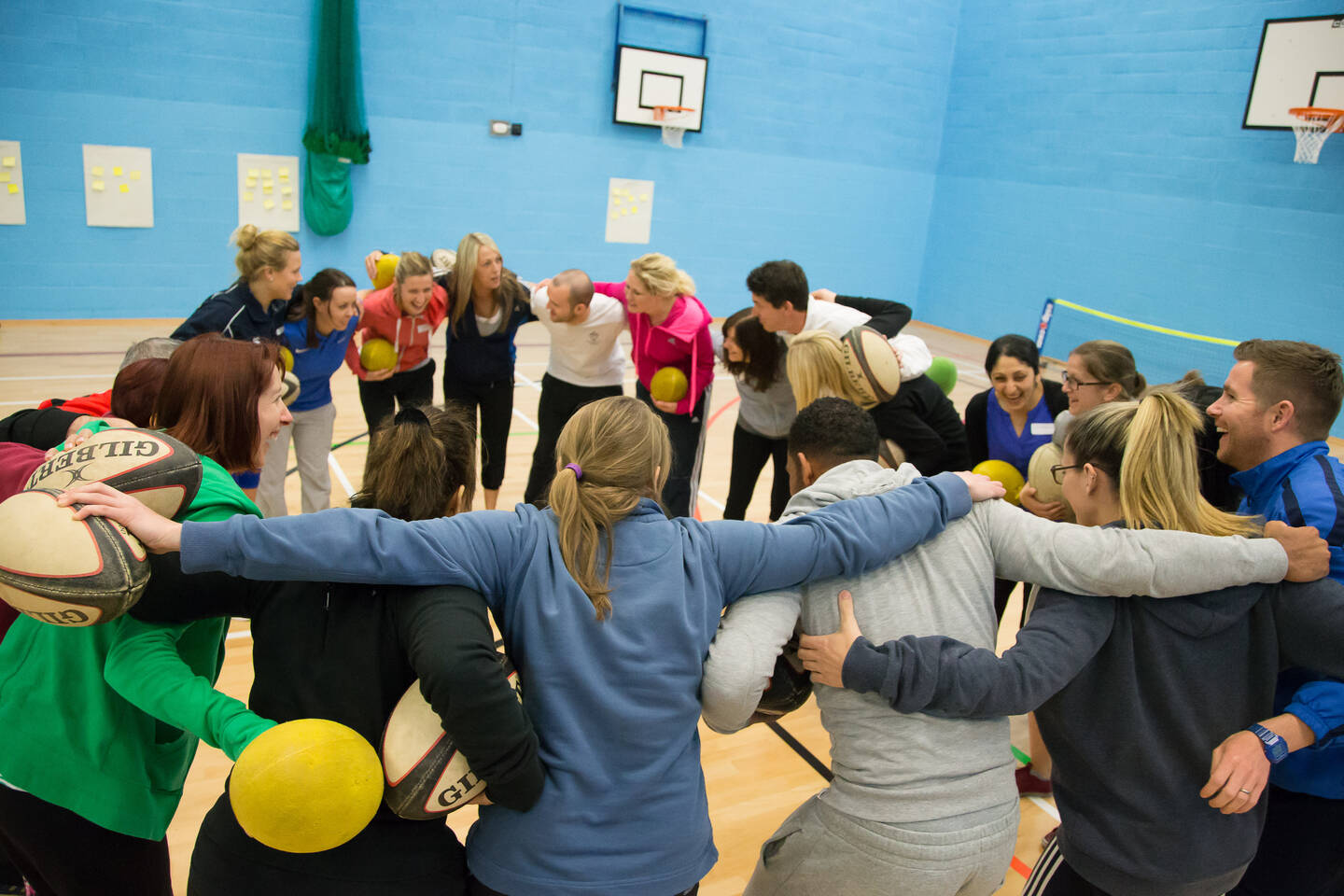Activity Alliance tender: Exploring the workforce gap
At Activity Alliance, we believe nobody should feel excluded from sport or physical activity. As the leading voice of disabled people in sport and activity, it is critical that Activity Alliance can influence and advocate in our mission to achieve fairness. To do this, we need credible, valid and robust insight that enables us to engage, provoke and crucially evidence the change needed.

However, disabled people participate less than non-disabled people and are also twice as likely to be inactive. Disabled people are often under-represented in sports and in the workforce. We want to change this so that more disabled people can have the opportunity to be part a workforce without barriers or challenges.
Activity Alliance’s Annual Activity and Disability Survey 2021-22 shows that disabled people are half as likely to see ‘people like me’ working in sport and physical activity compared to non-disabled peers. For disabled people who are already taking part in organised activities, a quarter would be interested in a workforce role and 31% of young disabled people would be interested in taking on a role.
We want to understand why this ‘workforce fairness gap’ exists between disabled and non-disabled people. What barriers are present and how these can be removed. We would like to partner with an agency, organisation, individual or consortium to deliver this study.
Activity Alliance defines the workforce as ‘all of the people that are involved in making sport and physical activity happen’. Whatever their input, role or position, these people have a crucial role in achieving our vision of fairness for disabled people in sport and activity. This includes, but is not limited to, front line deliverers and people working across the sector.
Our ‘Inclusive leaders in Haringey’ research explored inclusive environments to support more disabled people into the workforce and how leaders can be more inclusive in their delivery. We would like to build on these research findings to discover the challenges and understanding within the sport and activity sector about workforce representation.
Proposal and scope
The whole project research aims to:
- Use an intersectional lens to understand perception of, and current challenges experienced in the recruitment and retention of disabled people and employers.
- Explore how Activity Alliance, Sport England and the wider sport and physical activity sector can support and encourage more disabled people into the sport and physical activity workforce.
We expect the research to comprise of two phases. This tender is for phase one.
- Phase one would likely consist of a rapid evidence assessment to draw insight and evidence from across our research aims and questions. This will inform a series of in-depth employee and employer participant interviews with the professional and voluntary workforce adopting an intersectional lens. These interviews would contribute to the output of in-depth case studies.
- Within the research, we expect intersectionality to be considered. By intersectionality we mean: the interconnection between different demographic and geographic characteristics. For example, both women and disabled people may face barriers to physical activity, but the impact of these barriers is likely to be greater with intersectionality i.e. as a disabled woman.
The research should explore the different barriers experienced by disabled people from different groups. We would like to ask disabled people about their challenges to being part of the workforce and what can be done to address this.
We expect the methodology to consist of a rapid evidence assessment and in-depth interviews with a range of workforce professionals, volunteers, disabled people and people from other intersectional groups. We would value creative input on this however.
Outputs
- Case studies. At least seven detailed case studies in response to the research questions.
- Rapid evidence assessment brief report.
- Raw data from the interviews, including video recordings and transcripts.
- Brief headline summary report including;
- Key findings and themes from the interviews.
- Recommendations for phase two study.
- Reports and case studies to be in an accessible Word document format.
- Outputs will be for Activity Alliance and its partners/stakeholders.
Proposal requirements and deadline
We are undertaking a competitive tender process for the best approach in terms of modelling, expertise and presentation of the research. The project we expect to commence in February with final outputs ready to present in July.
Please email your proposal by 5pm, 19 February 2024 , to Helen Newberry, Workforce Lead, helenn@activityalliance.org.uk
The proposal should include
- Demonstration of previous projects/experience including relevant examples.
- A project timeline and overview of the approach you will take.
- How you would use disabled people in key phases such as listening, co-design, and co-production.
- A cost breakdown for all work.
- Consideration and provision should be made for accessible and inclusive research, including accessible formats, communication support and reimburse participants for their time and contributions. This should be included in the budget.
- References or testimonials from current or past clients.
- Your requirements/expectations of Activity Alliance.
Proposed budget £15-20k (including VAT).
Timescales:
- Feb: Appoint agency.
- Feb: Rapid evidence assessment.
- Feb/March: participant recruitment.
- March/April: Interviews.
- May: Report.
- June: Case study development.
- June/July: Findings and report/case studies presented to Activity Alliance staff.
- July: Case study and report release.
- July: Planning for phase two.